Sorry, film bros – the future of Marvel is female
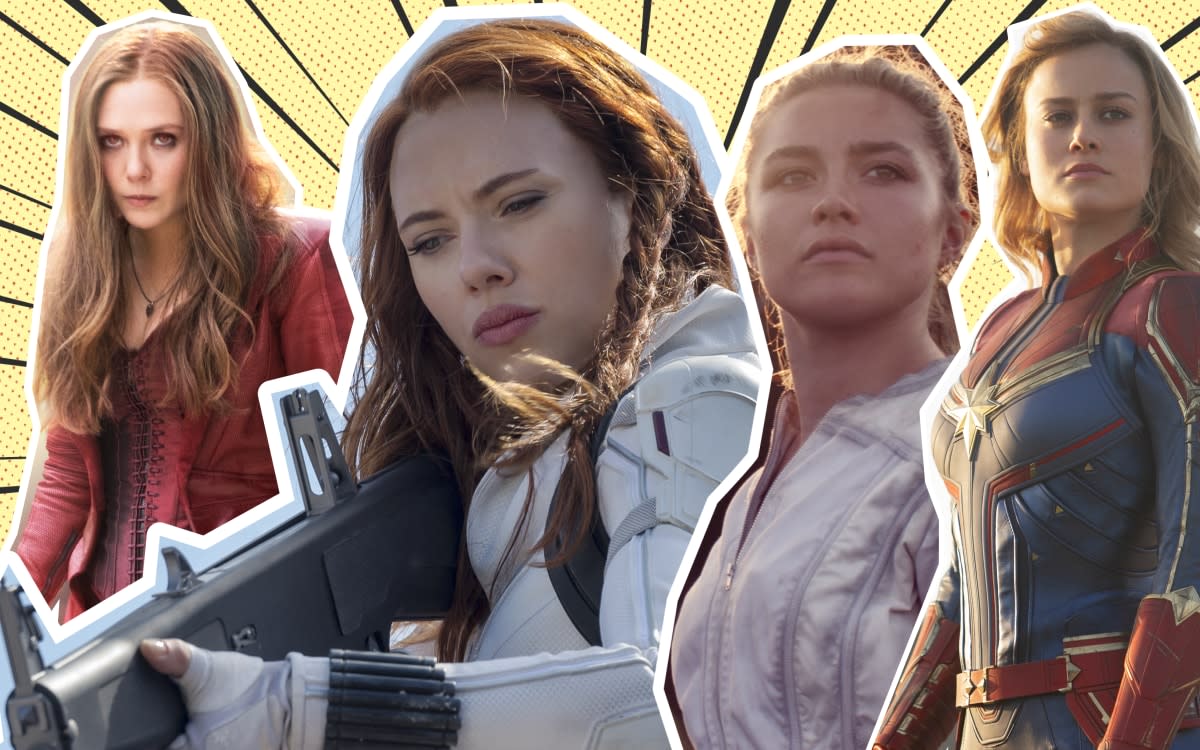
- Oops!Something went wrong.Please try again later.
- Oops!Something went wrong.Please try again later.
There is a moment in Black Widow, Marvel’s long-awaited solo vehicle for Scarlett Johansson’s eponymous Avenger, when Yelena, played by a Russki-accented, vodka-dry-humoured Florence Pugh, gets weirdly excited about a new jacket. “Look how cool it is!” she bellows delightedly at the baffled Avenger. “It has so many pockets!”
This is a joke written for female viewers (but no doubt some male Marvel fans are aware of the appalling dearth of pockets in women’s clothing). Behind it, you can feel the fingerprints of the film’s female director, its female co-writer (the screen credits are shared between Jac Schaeffer, Ned Benson, and Eric Pearson) and its two female leads. The whole film is Marvel’s most feminist work to date: Natasha (Johansson) and Yelena are not just the leads but the action stars, car-chasing, avalanche-hopping, and helicopter-piloting their way through Eastern Europe, and they are both strikingly unhampered by love interests. In fact, with one exception, all the major male characters are either evil (Ray Winstone) or mostly useless (David Harbour).
All this tells us something very intriguing about how Marvel head Kevin Feige and other executives at Disney are thinking about the evolution of the world’s biggest cinema franchise. Hold onto your lycra, film bros – the future of Marvel is female.
It is tempting to think about superhero stories like football. Both belong to that strange and shrinking category of leisure activities that, despite equal voting rights and paternity leave, remain, well, kind of blokey. “No!” I hear legions of female football fans and Marvel fanatics cry, yet you need only take a quick head count of boys versus girls in any pub when England face Denmark in the semi-finals of the Euros, to see the inconvenient truth. The same will be true of cinemas when Black Widow is released on Friday, if only slimly – according to a 2018 survey by Statista, 45 per cent of male respondents and 38 per cent of female respondents stated that they had seen one or more Avengers films). Of course, female comic book fans are a force and a growing one at that – one much publicised 2014 survey based on crunching Facebook likes briefly concluded that they actually outnumbered their male counterparts.
Traditionally, however, women are a minority in the comic book fandom. Superheroes represent a specifically masculine slice of nerd pop culture – the wimpy schoolboy who acquires secret super powers is, after all, the genre’s foundation myth. Yet all this is beginning to change.
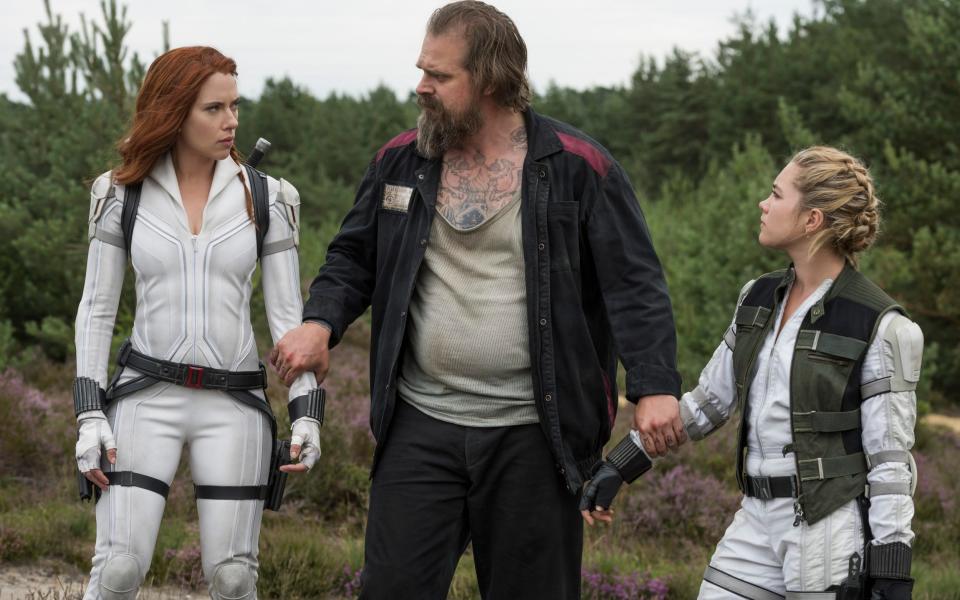
In the summer of 2018, Kevin Feige stood up onstage at the 10th annual Produced By conference on the Paramount Lot and declared: “I cannot promise that [the next] 20 Marvel movies will have female directors but a heck of a lot of them will.” The audience erupted in applause.
This marked the moment when Marvel began to take notice of its appalling (if not atypical for a Hollywood studio) record on gender balance behind the camera. Marvel CEO and Feige’s old boss Ike Perlmutter was infamously suspicious of female superheroes. Under his leadership, Wasp, a female founding member of the Avengers, was cut from both the Avengers films; Black Widow was delayed and delayed; and in 2015 a leaked email exchange surfaced in which he listed female superhero films that tanked at the Box Office (the fact that Captain Marvel made $455 million worldwide in its opening weekend at the box office, at the time the sixth largest opening in history, is a pleasing historical footnote). A 2017 Vanity Fair profile of Feige also reported that Perlmutter personally scaled back production of Black Widow-themed merchandise in 2015 because he believed "girl" superhero products wouldn’t sell.
The same year, he was quietly sidelined by Disney – Feige now reports directly to Disney chair Alan Horn – taking, some hoped, Marvel’s history of sexism with him. The timing of Feige’s female director targets announcement was deliberate: the first allegations about Harvey Weinstein began to emerge at the end of 2017, and over the next 12 months, the tidal wave of fury over sexism in the industry that became known as the MeToo movement swept through Hollywood and the wider world.
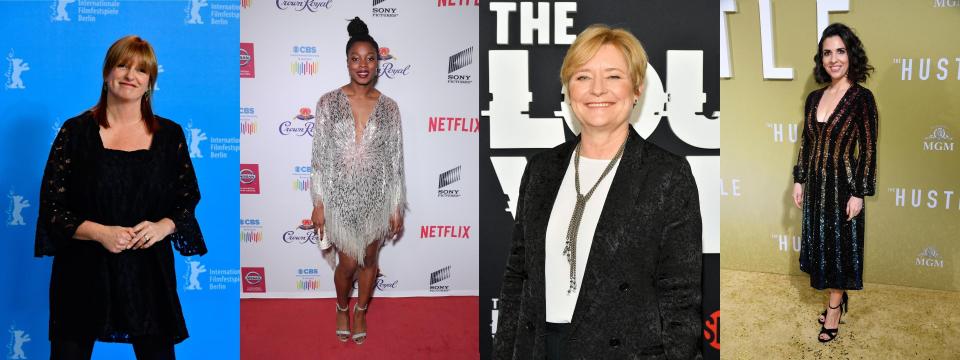
Arguably, Feige and the rest of the Disney executives were still late to the party. The year before, Patty Jenkins had become the first woman ever to direct a superhero movie when she revived DC Comics’ Wonder Woman (and only the second woman ever to direct a Hollywood live-action movie with a budget of over $100m). In 2015, the New York Times published an investigative feature into Hollywood’s scarcity of female directors. In the previous two years, it reported, women were only 1.9 per cent of the directors for the 100 top-grossing films (last year, they made up 21 per cent). Three years later, Feige looked around his film sets and noticed.
Gingerly at first, Marvel began to experiment: 2019’s Captain Marvel was given to the indie duo of Anna Boden and Ryan Fleck, best known for low-budget offerings like Mississippi Grind and It’s Kind of a Funny Story, presumably so as not to scare the horses by going too fem, too fast. But since then, the superhero sexual revolution has picked up speed: as well as Shortland’s Black Widow, the streaming service Disney+’s first three Marvel outings were all created or directed by women: Jac Schaeffer’s WandaVision, Kari Skogland’s Falcon and the Winter Soldier, and Kate Herron’s Loki.
Currently, comedian Bisha K Ali, Rick and Morty writer Jessica Gao, and poet Chinaka Hodge each have a series in the pipeline. Over the next couple of years, Oscar-winner Chloé Zhao’s The Eternals, starring Gemma Chan, Richard Madden, and Angelina Jolie as a new batch of superheroes with a very Avengers-gang flavour, and up-and-comer Nia DaCosta’s The Marvels will also arrive in 2022.
These women are not one homogenous block conjured up to challenge the supremacy of another: in ethnicity, nationality, and filmmaking background they contain as many differences as the obvious characteristic they share. Some were plucked from the green slopes of indie cinema and jet-packed onto the Marvel mountaintop, following a trajectory usually reserved for talented young male directors like Ryan Coogler and James Gunn. Nia DaCosta, who at the age of 31 is the youngest person ever to direct a Marvel film, was spotted by Jordan Peele when her debut Little Woods, a gritty, noirish abortion drama, played Sundance in 2015; he signed her to direct his upcoming horror Candyman, finally due out later this year. Soon after, it was announced she’d be doing The Marvels.
Shortland emerged from the rich seam of female-led Australian indie cinema (she counts superstar producer Jan Chapman among her mentors) and before Black Widow, her biggest film feature was 2012’s Lore, a Nazi drama that caught the attention of Johannsen. Schaffer, too, was first nabbed for the Marvel stable off the back of an untapped screenplay, her off-beat alien invasion comedy script The Shower, which made it onto the much-hyped Hollywood Black List back in 2014.
Since Nomadland won Best Picture and Best Director for Zhao at this year’s Oscars, she can no longer be considered an indie director. But back in 2014 when Marvel first approached her (she was originally considered to direct Black Widow) she was still a lone wolf, heading off to forgotten corners of America with her cinematographer husband to make slow cinematic masterpieces (2015’s Songs My Brother Taught Me and 2017’s The Rider). Feige’s recent headline-baiting comments recounting his surprise when Zhao kept pushing for outdoor locations on The Eternals suggested he was not exactly a dedicated follower of her body of work, but someone at Disney was clearly watching.
Others from this new group of female talent hail from the small screen: Skogland’s background is in prestige TV shows (she has directed The Handmaid’s Tale, Boardwalk Empire, and The Killing), while Herron first broke out directing Netflix’s acclaimed teen show Sex Education.
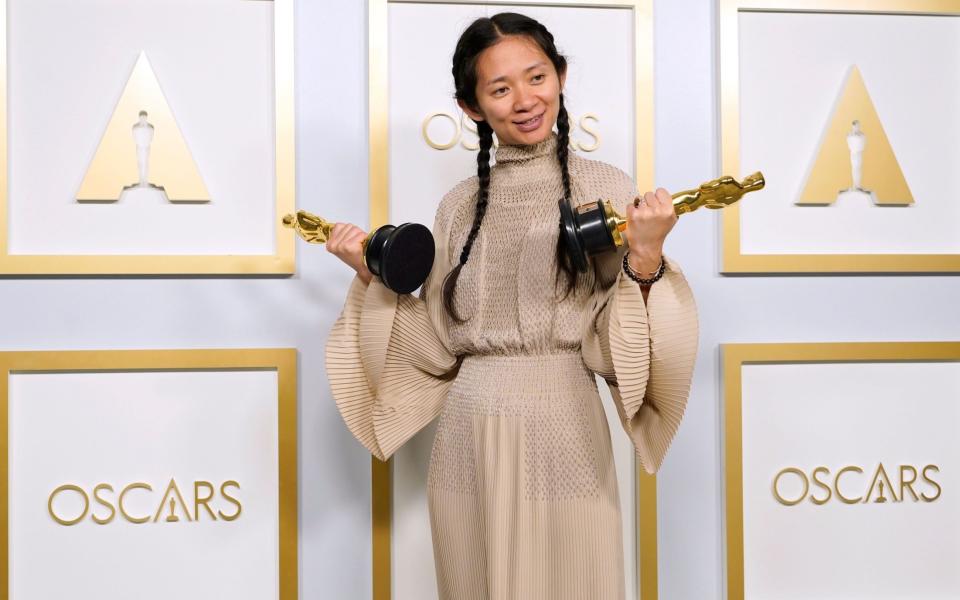
It will be intriguing to see if the films produced over the next few years feel as madcappily diverse as the group’s previous work would suggest. As wildly different filmmaking approaches tussle with the expectations of the standard superhero formula, what eclectic franchise fun could emerge?
It is interesting that over half the projects handed to female directors are small-screen, given that Marvel is firmly and richly rooted in the big. That might be purely a question of timing – gender equality happened to reach the top of the agenda at the same moment that the pandemic hit and streaming services became the most fruitful outlet for content. But it is also worth casting a sceptical eye over the upcoming slate of films: of the 11 coming out in the next two years, only two (Zhao’s and DaCosta’s) are directed by women. Is the small-screen considered the kiddies’ table of directing, a less commercially risky space to consign the girlies too, by some high-ups in Disney? Time will tell.
The new emphasis on women behind the camera has mirrored similar priorities in front of it: Captain Marvel starred Brie Larson as the studio’s first ever female superhero lead, Black Widow provided the solo vehicle Johansson had been chasing for years, and WandaVision elevated Elizabeth Olsen’s seriously minor Avenger to flawed and compelling star. This has not come without backlash: in the run up to the release of Captain Marvel, some “fans” of the character photoshopped smiles onto Larson’s promotional photos – essentially the digital version of the “smile more” catcall. Others inundated Rotten Tomatoes with fake negative reviews in order to drive its ratings down.
For years, Marvel also faced accusations of sexism for the way it depicts its female superheroes. Comic book readers spent years calling out problematic storylines and artwork that reduced women to sidekicks and stereotypes. More recently, Joss Whedon, now infamous, came under fire for his treatment of Black Widow in 2015’s Age of Ultron. Why is her main job soothing an irate man? Why is she pouring the drinks at the Avengers’ party? Why does she conflate her infertility with monstrosity?
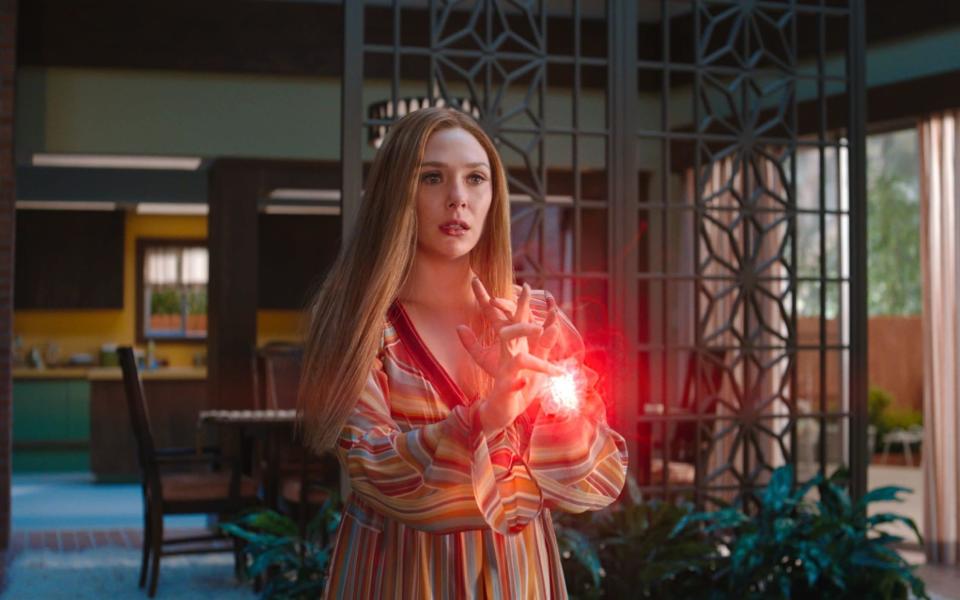
Putting women in charge of women seems like a smart way to ensure female superheroes are well treated. But it also carries the risk that Marvel’s female directors will become stuck making films that star female superheroes only; pigeonholing could replace exclusion as a means of discrimination. Yet few groups of filmmakers are better qualified to be making mainstream superhero movies than these women, as something like Falcon and the Winter Soldier in particular demonstrates. That show, starring men, about masculinity, is not for women at all. Yet somehow, Skogland managed to get past her two X chromosomes and make it anyway.
This is partly just how imagination works, party the result of their influences. Schaeffer grew up watching Tarantino films and wrote her college thesis on dystopian cyberpunk; Herron’s 60-page pitch document for Loki cited Blade Runner and Hitchhiker’s Guide to the Galaxy as inspiration; DaCosta became hooked on cinema as a child after watching Apocalypse Now, soon graduating to the films of Martin Scorsese, Steven Spielberg, and Francis Ford Coppola. The irony of a generation of female filmmakers growing up at a time when cinema was dominated by a bunch of film bros? They all have film bro taste.
The hold that superhero films have over pop culture – in 2019, the Harvard Business Review reported that its 22 films have grossed some $17 billion, more than any other movie franchise in history – is unprecedented. No one knows whether this latest phase of Marvel films will become the cinematic bread-and-butter on which the next generation of cinema fans grow up, or whether they’ll be forgotten in the face of TikTok boom, or swept away by another as yet unforeseen franchise entirely.
But for now, it seems sensible to assume that DaCosta, Schaeffer and co are all on the expressway to stardom, crashing through the tired assumptions that only boys love superheroes one blockbuster at a time.

